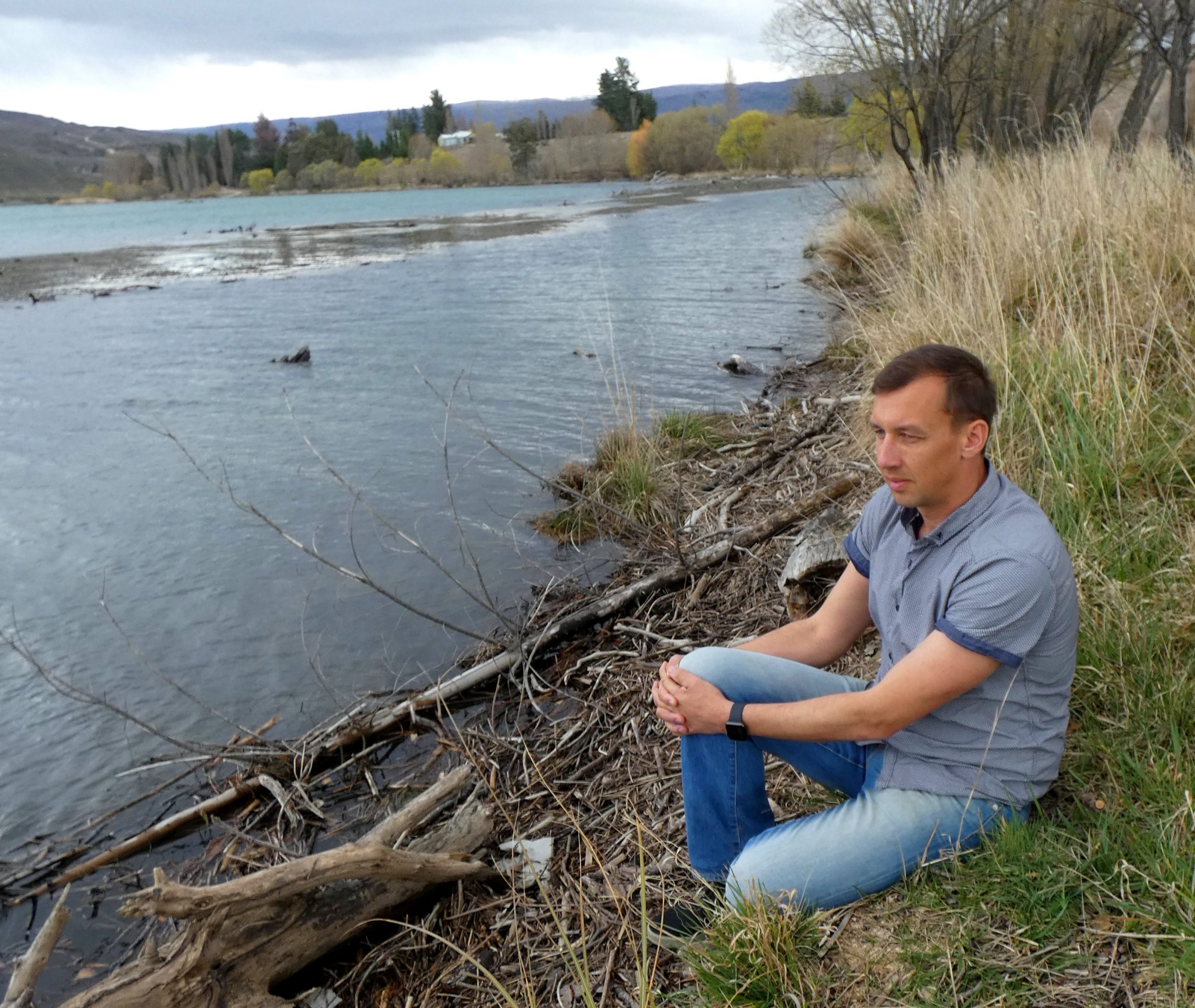The Otago Regional Council has served Contact Energy with notice that aspects of its Clyde hydro scheme consents are coming under review.
Section 128 of the Resource Management Act gives the regional council a three-month window every five years to trigger a review of the electricity generator’s consent conditions.
That window closed on August 24, the notice having been given one day prior.
Council regulatory and communications general manager Richard Saunders said it was the first time the ORC had undertaken a review of Contact Energy’s consents.
The scope of the review was ‘‘very narrow’’ and only involved conditions relating to the Landscape and Visual Amenity Management Plan (LVAMP), Mr Saunders said.
The LVAMP detailed how Contact Energy mitigated adverse effects caused by its generation activities on Lake Dunstan and in the wider Clutha catchment.
The state of the Kawarau Arm was an area of contention for Central Otago locals and lake users with sediment build-up and driftwood affecting access for boat ramps and jetties, and algae, lake weed and silt creating a stench.
In late-June, Contact submitted an updated landscape and visual amenity management plan (LVAMP) to the regional council.
Mr Saunders acknowledged there had been concerns raised in the local community about the possible review of consents and a number of questions raised about the current Clutha hydro-electricity scheme.
‘‘We believe there is an opportunity to provide greater clarity to all parties about the expectations of what is to be included in the plan and the process by which it is updated and approved,’’ he said.
Contact Energy head of hydro generation Boyd Brinsdon said the consent had been in place for 15 years and never had a review previously.
He agreed there needed to be greater clarity on the consent requirements and said the company welcomed the review.
‘‘This is a complicated area and we are taking all due care and consideration to come out with the best outcome for all parties,’’ he said.
An abatement notice served by the council required Contact Energy to submit a revised plan by March 1.
Mr Brinsdon said the LVAMP had been re-drafted and submitted to the council and it was undergoing further consultation with stakeholders, including Ngai Tahu, Land Information New Zealand and the Lake Dunstan Charitable Trust, before being returned to the council for approval.
Lake Dunstan Charitable Trust chairman Duncan Faulkner said the announcement of a review was ‘‘great news’’.
‘‘We’re delighted that as a group that represents the interests of the lake and the community, we’ve been listened to, been respected.’’





